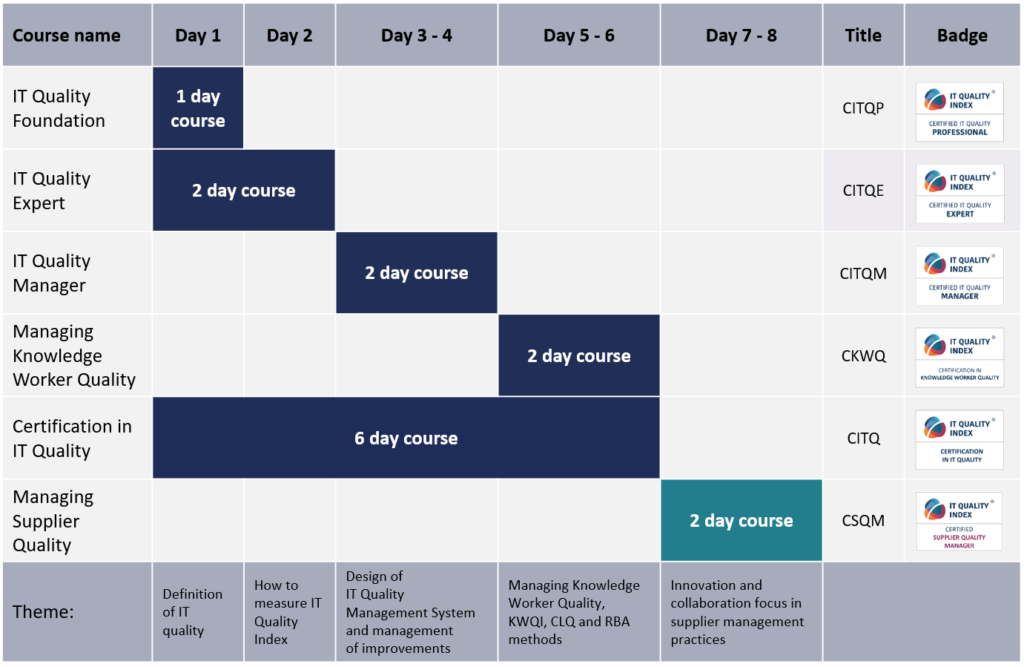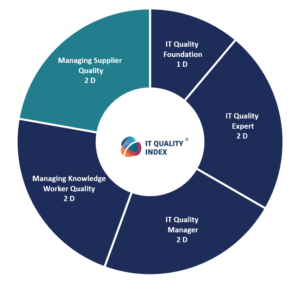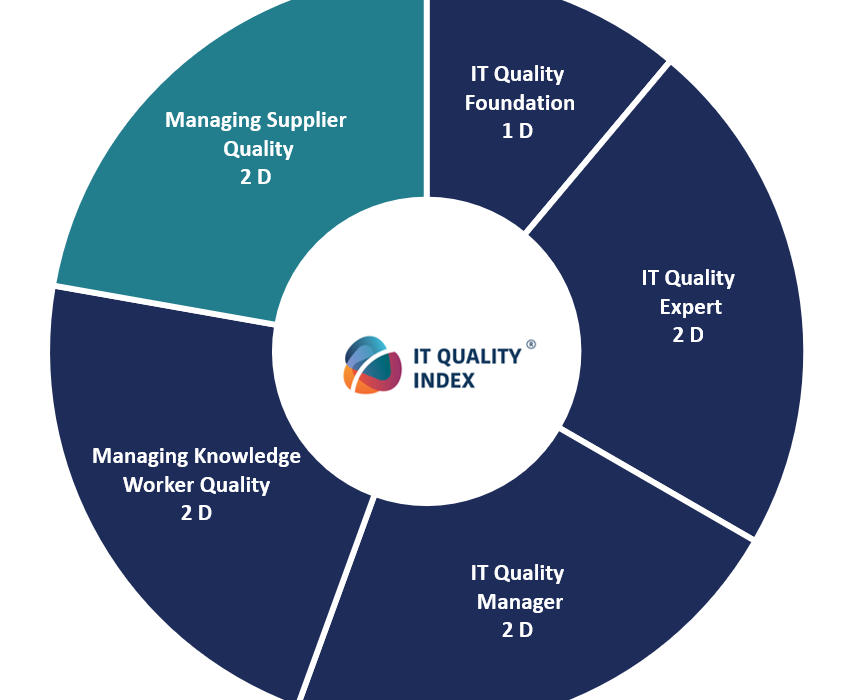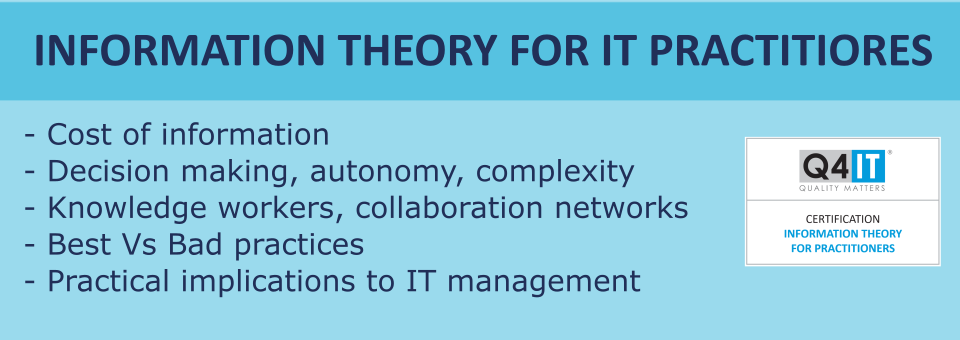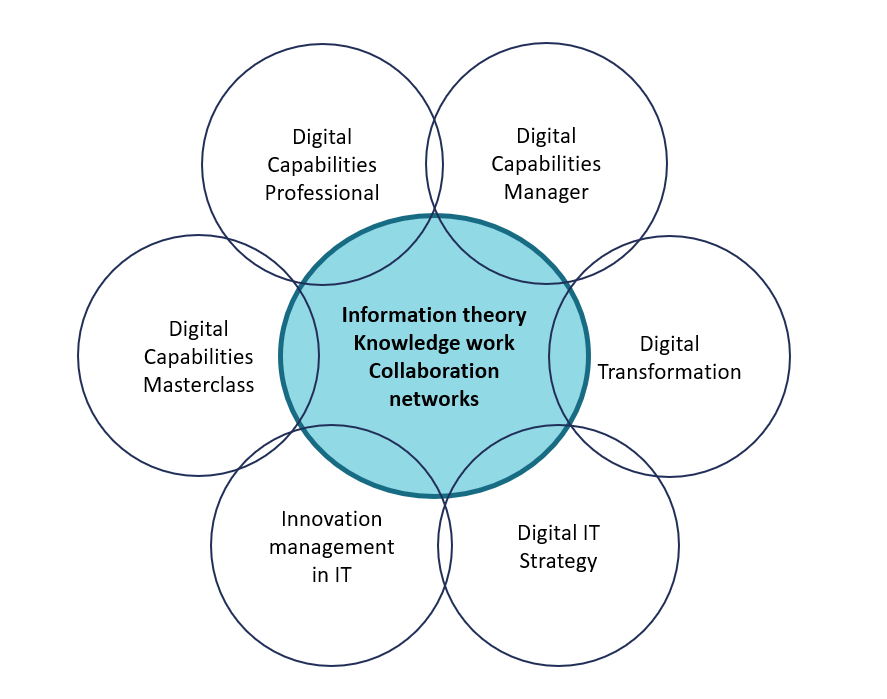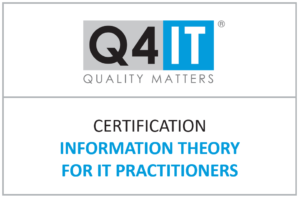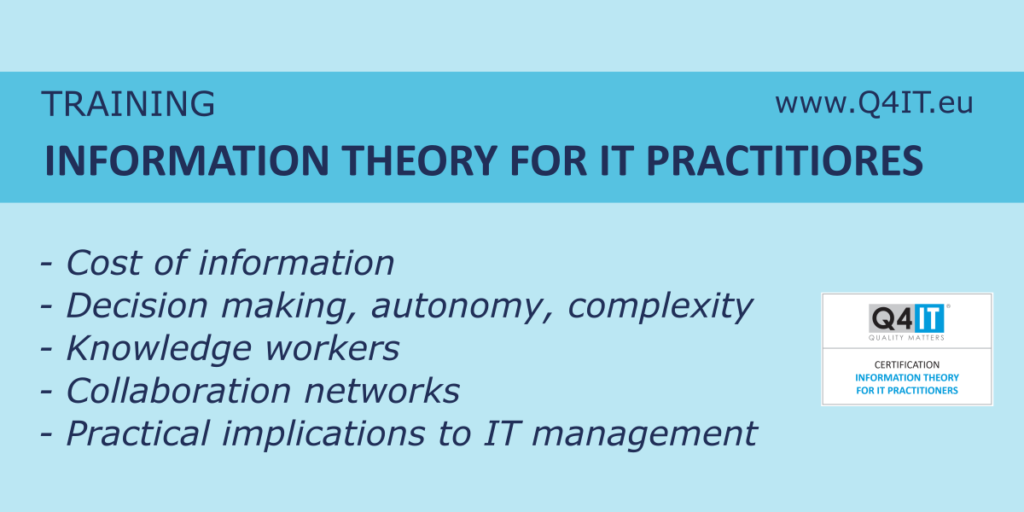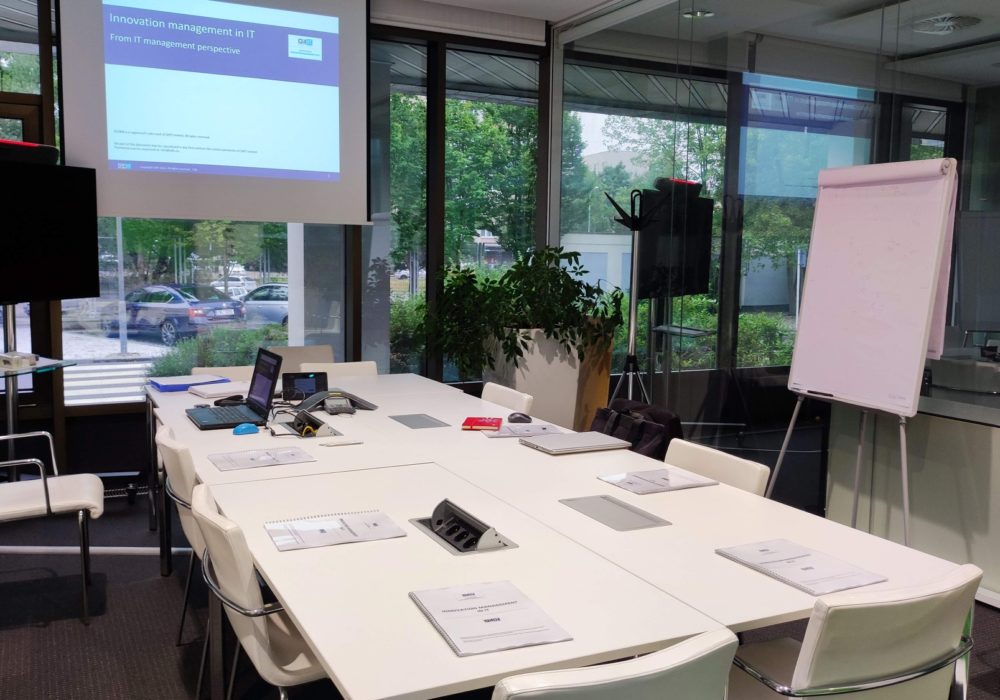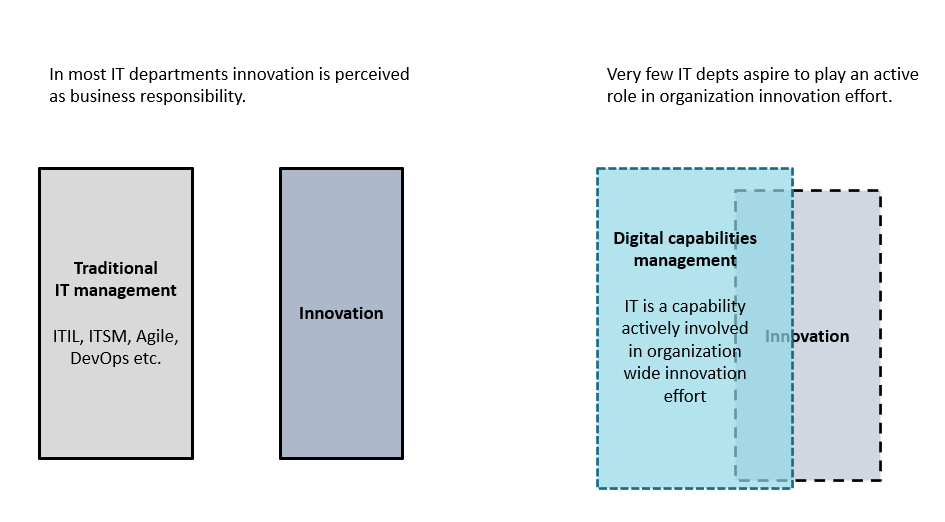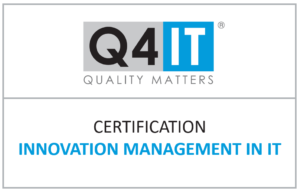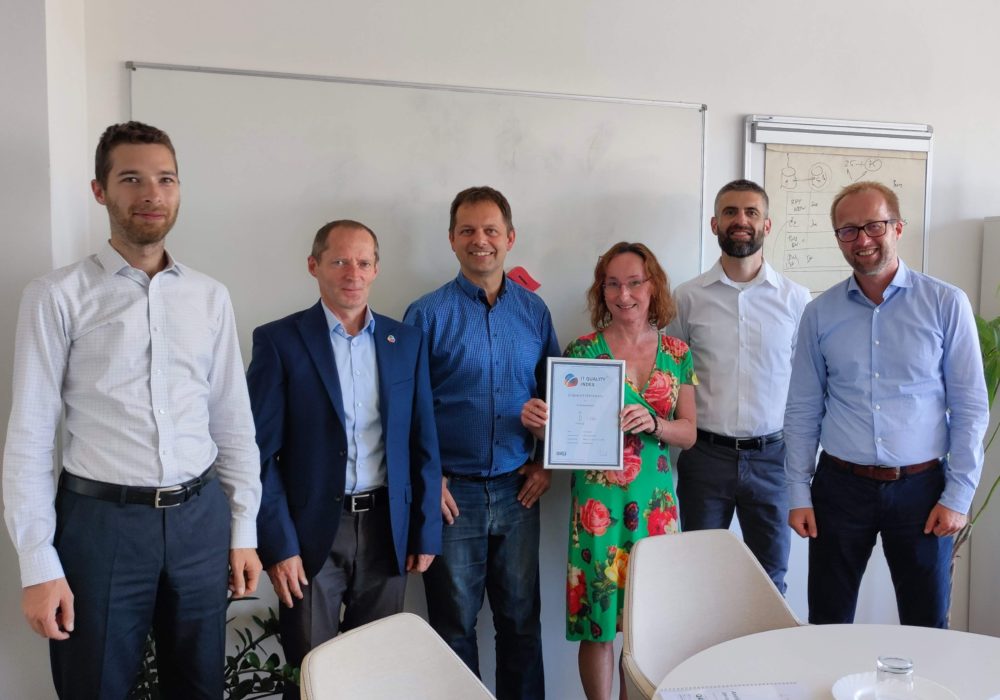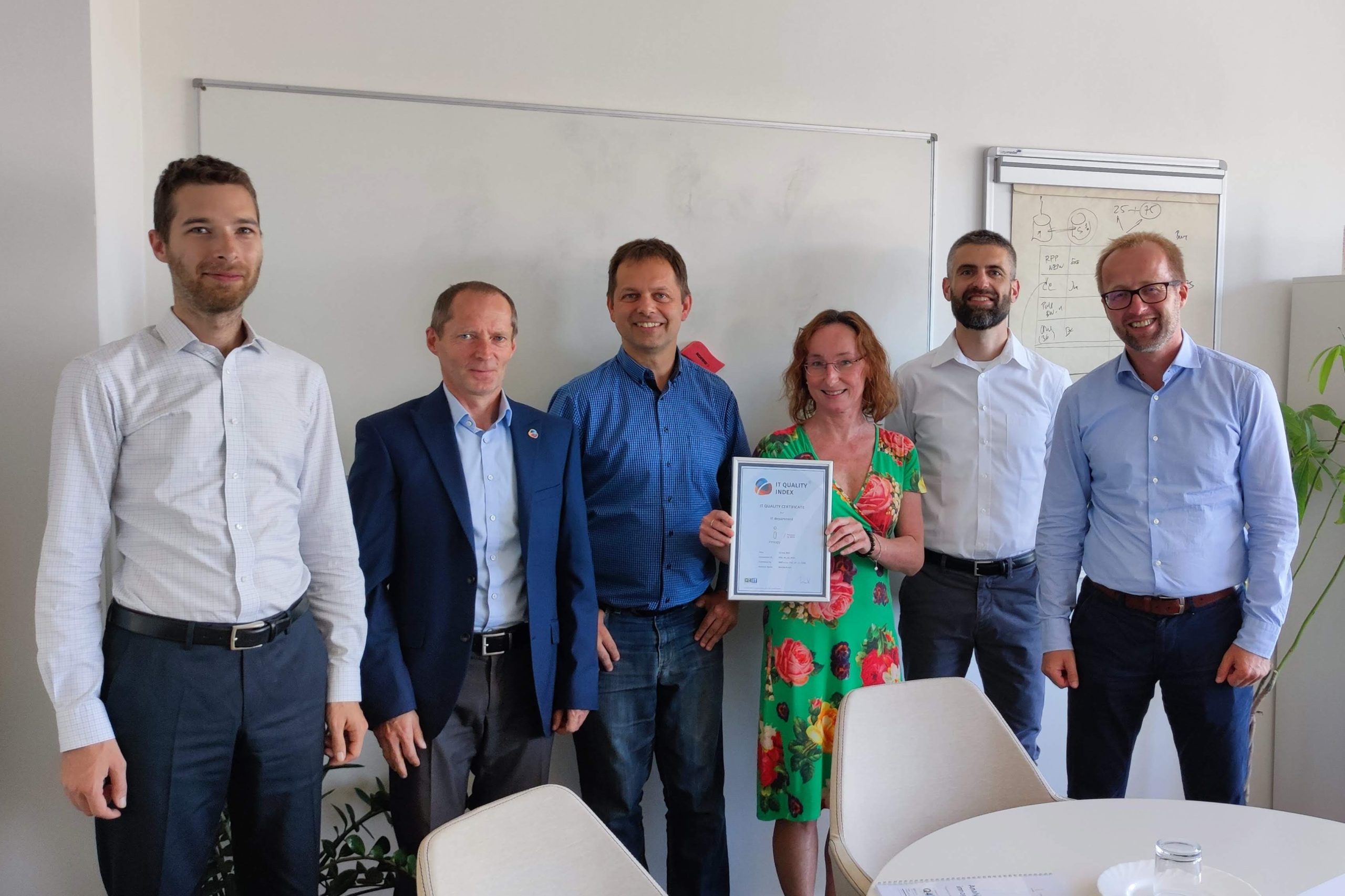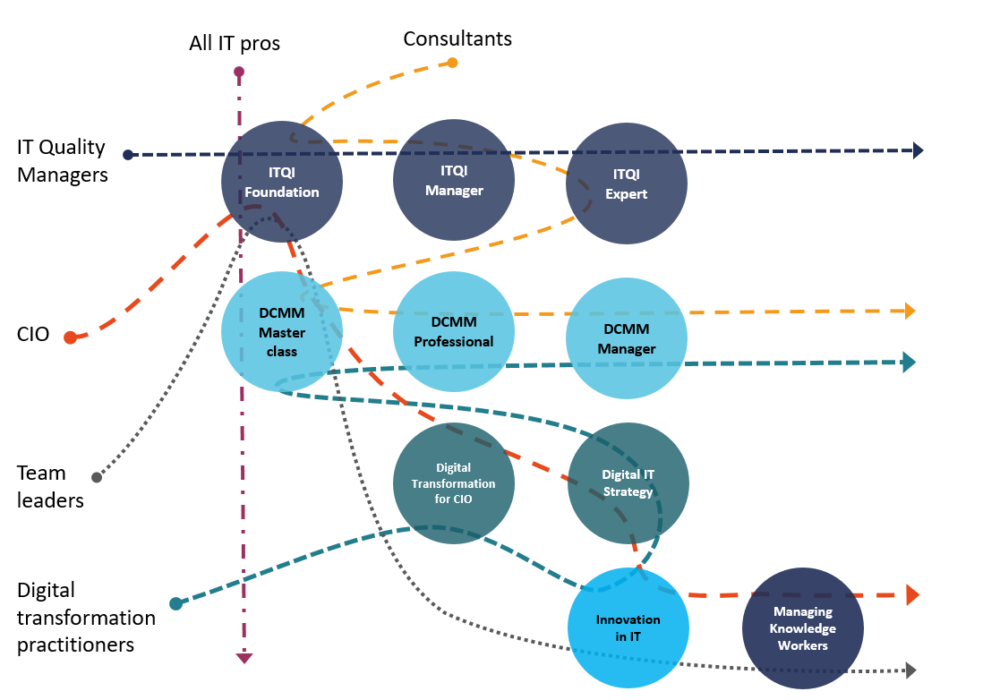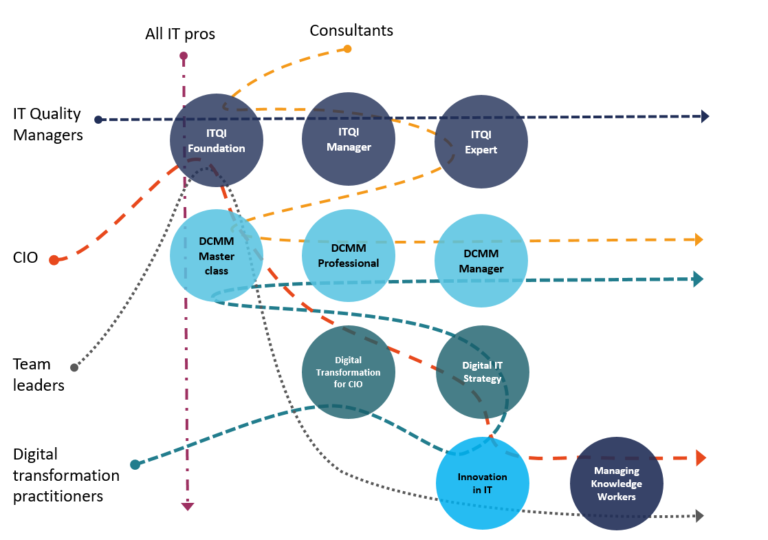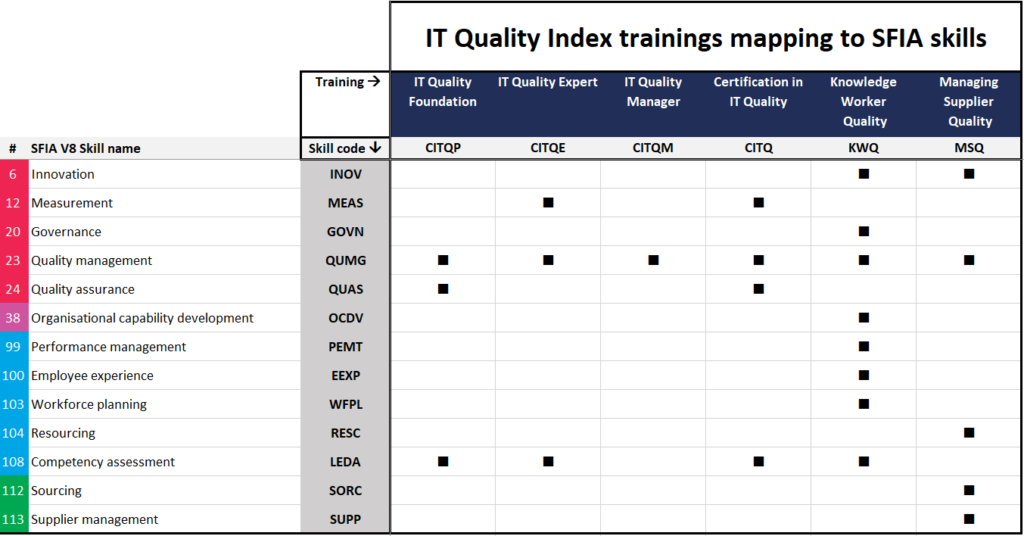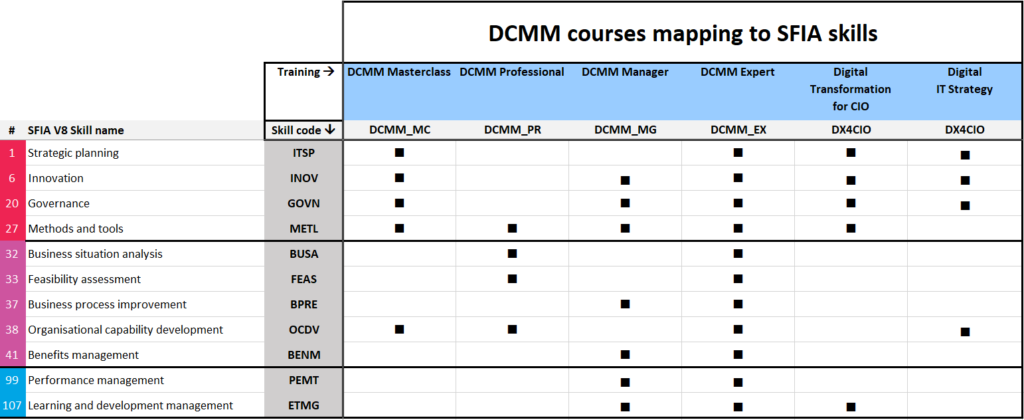Starting January 2023, certification structure of IT Quality Index trainings will be simplified:
- Any training can be taken without undertaking any previous trainings – mandatory requirements removed so participants can partake any training in any order
- No expiration date of any certification – all past certifications remain valid, no need for recertification
- Certification in IT quality will be automatically awarded after sitting
- IT Quality Foundation, IT Quality Manager and Managing Knowledge Worker Quality or
- IT Quality Expert, IT Quality Manager and Managing Knowledge Worker Quality
- Earlier introduced Successful Candidate Register is the authorization authority of all IT Quality Index certifikace.
We are NOT planning to introduce subscription fees or anyhow limit validity of IT Quality certificates.
The latest version of IT Quality Index 2022 Edition is aligned with this logic,
